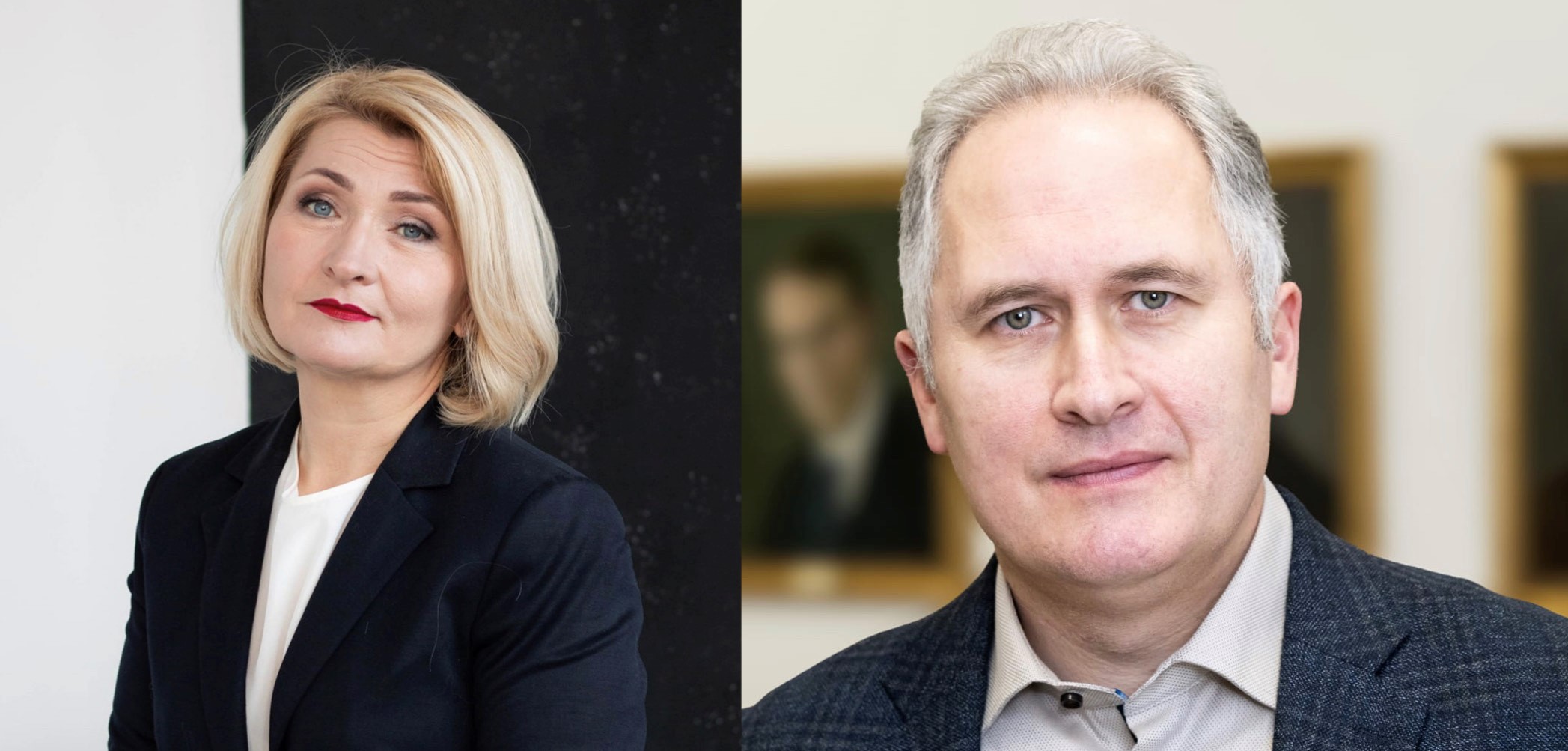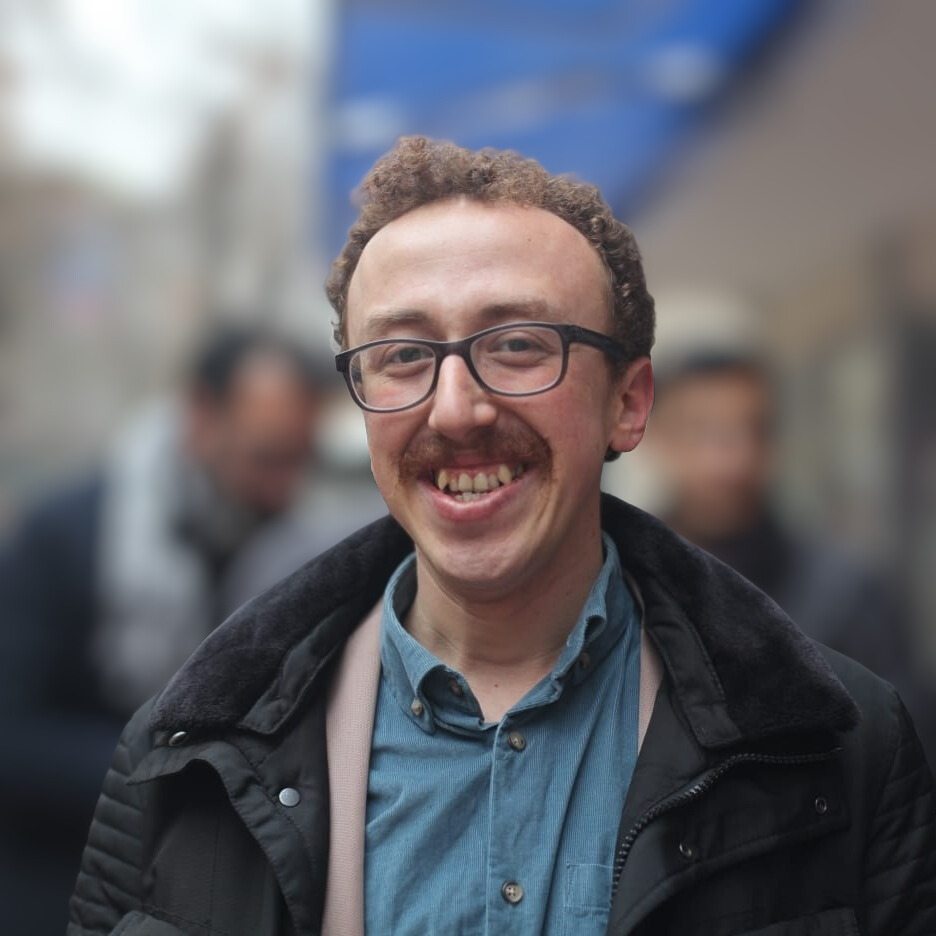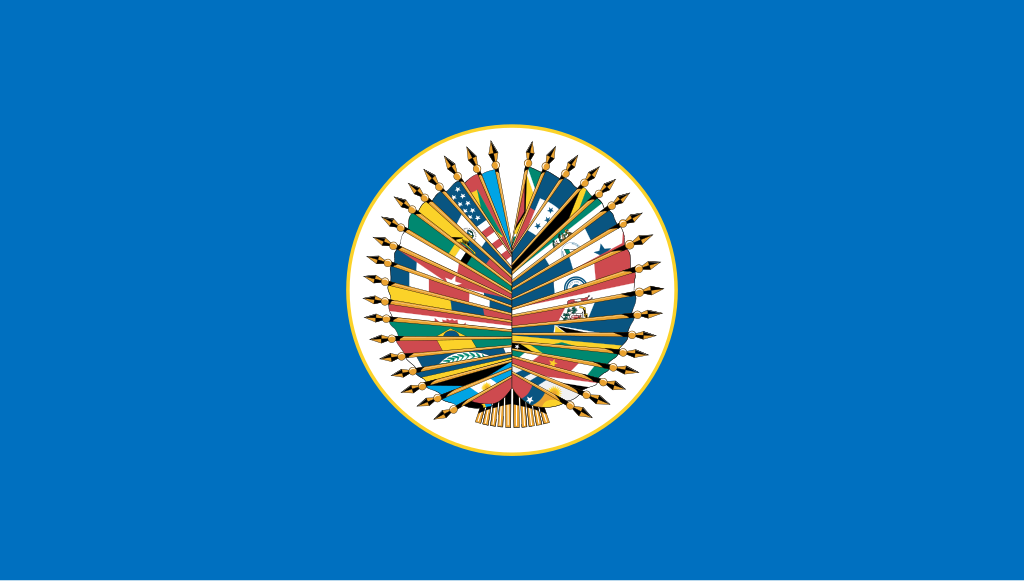A new law has been passed in Lithuania which allows lawyers from outside the European Union to register as third-party lawyers in Lithuania. This legislative advance is of great symbolic importance according to Belarusian lawyer Natalia Matskevich.
By Trudeke Sillevis Smitt
In July 2023, Natalia Matskevich realised how far down the line of no return for the freedom of the legal profession Belarus had erred. Having previously been disbarred, she was now arrested and detained upon her return to Belarus following a trip abroad, forced to show the contents of her phone and questioned about her work. ‘At the same time the tension rose for my clients Sergey Tihanovsky and Viktar Babaryka,’ she informed us via e-mail. These clients, former presidential candidates in the 2020 election, were kidnapped by Lukashenko and are now serving long prison sentences. ‘They have been held completely incommunicado for more than a year now. It has become impossible to contact international organizations about them whilst in Belarus, or speak publicly about their case, without risking my own freedom.’
Matskevich fled to Vilnius, Lithuania, as did quite a few other Belarusian lawyers. Their exact number is unknown, says Paulius Griciunas, secretary general of the Lithuanian Bar Association in a video interview. ‘It could be 50 or 100. This exact number, we need not know, for some of these individuals it might actually be safer if it remains unknown.’
AT THE BORDER
Besides Belarusians and Russians, there are mostly Ukrainian lawyers who have fled to Lithuania. The war in Ukraine is stirring up a lot of concern amongst Lithuanians, says Griciunas. “We share a border with Russia and realize we could be next.”
Financial and moral support for the Ukrainian legal order and refugee lawyers is therefore strong from the Lithuanian Bar Association, says Griciunas. ‘They can continue their work in Ukraine from here and are covered by a special tax regime. Some Lithuanian law firms even hired Ukrainians as lawyers.’
Belarusian Natalia Matskevich, in her case, has mainly received support from human rights organizations. ‘They set up a process to help Belarusian refugees with their relocation and residence permits. The rest – finding work, rearranging life – is our own responsibility.’
The similarities between the Belarusian and Lithuanian cultures have made the adjustment easier for Matskevich. She managed to get by by speaking Russian and English there. Still, she wishes to learn Lithuanian, as a tribute to her host country. “Most people here are friendly and understanding to Belarusians. But it is not without challenges; my biggest concern is whether my son will be able to get his high school diploma here in two years. This has to be done in Lithuanian. There are no facilities to give children from Ukraine or Belarus equal opportunities.”
Matskevich manages to support herself. ‘Since 2009, in addition to my work as a lawyer, I had been doing human rights research. I received a 6 month grant from an EU program to continue said work. I also work as an expert in human rights education for lawyers and human rights activists.’ And what about the former presidential candidates Tihanovski and Babaryka? ‘I represent them in complaint cases before the UN Human Rights Committee and I try to keep their cases alive in the public eye. They are still my clients.’
SPECIAL STATUS
Such a new beginning is not for everyone. Unlike for EU lawyers, until now there was no possibility for third-country nationals to join the Lithuanian Bar. Therefore, after the outbreak of the war in Ukraine, the order presented the idea of a new legislation (initiated by the government) to give “third-country nationals” a special status before the Bar. This act came into force on March 1. Third-country nationals can now ask the order to be on a separate, public list, and are able to exercise their profession but with limited powers: they may only advise on the law of the country of origin and on international law. Appearing at hearings is allowed only jointly with a Lithuanian lawyer. However, they are still subject to professional secrecy and Lithuanian disciplinary law.
Griciunas: “There is also a further requirement that they already have a residence permit, such as asylum. This prevents a large influx and provides assurance that the government has already screened the person. Russian lawyers cannot apply: countries that are military aggressors or pose a high risk of money laundering are excluded from this special regime.”
The others will have to substantiate their application with documents. Griciunas: ‘With Ukrainians, we will rely on the decisions of the legal order back there. This does not apply to Belarusians, of course as you can only remain a lawyer there if you are loyal to the regime. On the contrary, for such lawyers a disbarment decision can be an important document in support of their application.
The new scheme aims to provide support for third-country nationals. ‘It is a matter of human dignity, I know some Ukrainian lawyers who are now doing unskilled work and that is depressing.’ However, there is also a quality issue at play. ‘You are allowed, individually, as a foreign lawyer to do consultancy work here. We receive quite a lot of complaints about that, but we can’t do anything about it. This new status offers a certain guarantee that the person in question meets certain obligations of qualifications and is covered by professional secrecy and supervision.’
A BREAKTHROUGH
Natalia Matskevich does not believe there will be many Belarusian applications to this new status. ‘It is a great breakthrough, a sign of solidarity and a new way of looking at legal practice. But due to the restrictions, I expect that there will not be much demand for such lawyers and that it will be difficult and impractical to pay the financial contribution to the order and insurance. I myself do not need the registration for the time being to do my work.
Griciunas: ‘There have been such requests from the Ukrainian Bar in the past, but we have not investigated the need further. We are going to see how it develops.’
Matskevich wants to continue what she is doing and maintain an “sufficient moral state. ‘I don’t think it makes sense to set other goals for myself right now. I hope that I still get to experience and practice freely in Belarus one day and get to see a day where all those in prison right now are freed.
This interview was originally written by Trudeke Sillevis Smitt and published in Dutch in the Dutch lawyers’ magazine Advocatenblad. Click here for the original Dutch version.




